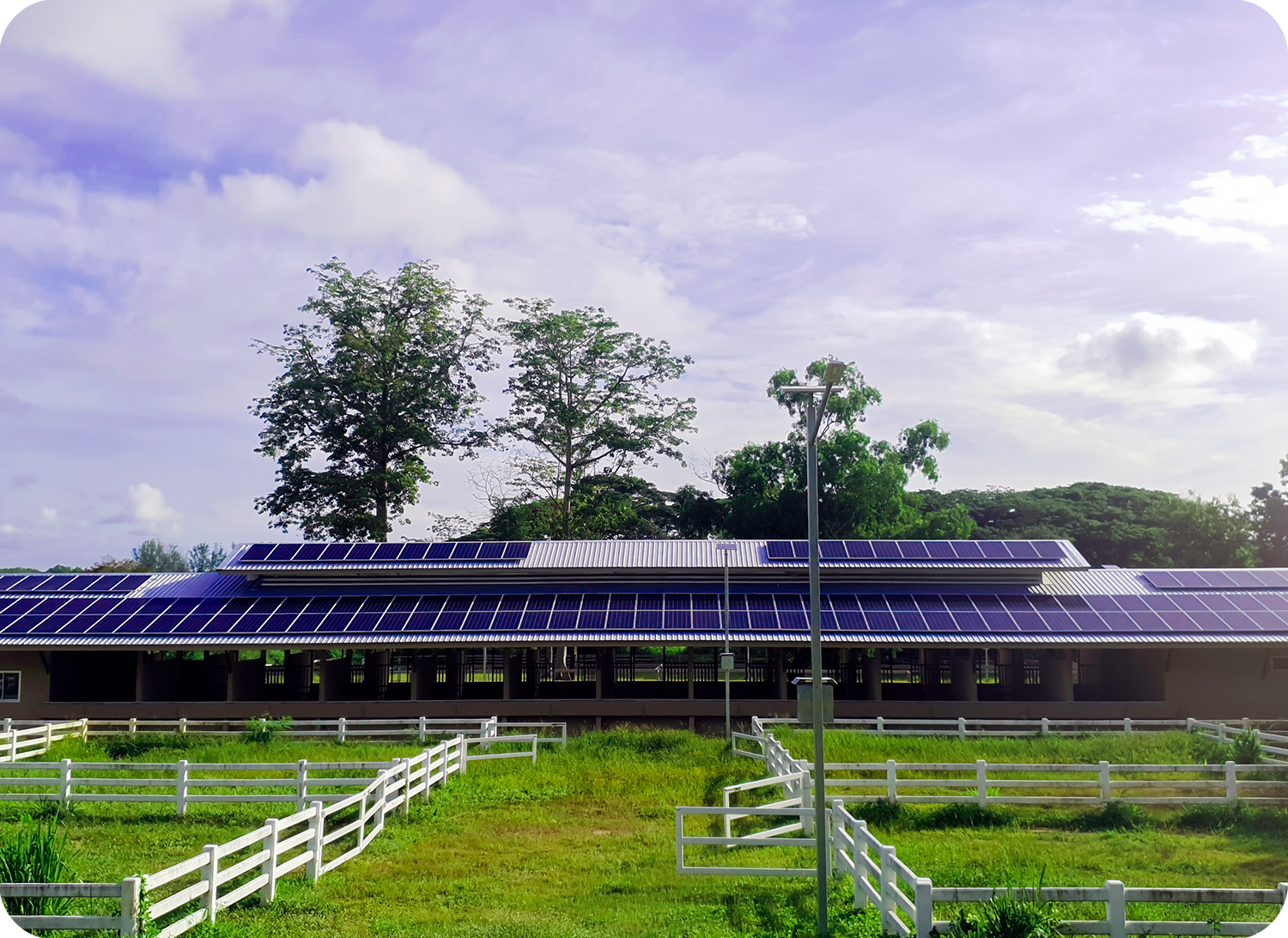What exactly is green energy? How does green energy play a role in modern businesses and farms? More importantly, does it even matter?
It’s no secret that green energy is a buzzword that gets thrown around in advertising and the mainstream media. Green energy is rapidly becoming the go-to solution for businesses aiming to reduce their carbon footprint and make a positive impact on the environment. At Sun Farmer’s Group, we know that simply adopting green energy is just one piece of the puzzle; it has to make sense financially, too. In this article, we’ll dive a little deeper on green energy, the different solutions, and how you can start planning for the future with sustainability driving your business to bigger profits and smaller environmental impacts.
How Is Green Energy Defined?
It’s hard to start without laying down some clear definitions, so let’s do just that. Green energy refers to energy generated from natural resources that are continuously replenished and are unlikely to run out anytime soon. (Hint: the sun.) Some examples of green energy are solar, wind, hydropower, and geothermal. Unlike traditional energy sources like coal, oil, and natural gas, which emit harmful greenhouse gasses and pollutants that contribute to climate change, green energy sources don’t emit significant carbon dioxide or other pollutants. Long story short, harnessing the power of these resources should have always been our focus.
Solar vs. Wind vs. Hydro vs. Geothermal
Green energy is all around you and ready to be harvested. Several types are available for your business, and each has advantages and disadvantages. Solar energy, for example, is an increasingly popular choice for businesses as it’s reliable, versatile, and has a low environmental impact. Wind energy, on the other hand, can generate more significant amounts of energy and is particularly suitable for businesses located in windy areas. Hydropower is another green energy source that uses dams, reservoirs, and other infrastructure to generate electricity from the movement of water, while geothermal energy uses the Earth’s heat to produce electricity. With its widespread usage and increasing availability, solar has increasingly become the clear choice due to its affordable cost, ease of implementation, various incentives, small footprint, low maintenance, reliability, and versatility.
Make Green Energy Makes “Cents”
If it doesn’t make dollars, it doesn’t make sense. Why would you, as a business owner, be motivated to implement green energy if it wasn’t going to positively impact your finances? The fact is that reducing carbon emissions and cutting energy costs are two factors driving the shift toward green energy for businesses. Green energy can help you reduce your environmental impact and save money on energy bills, improving your bottom line in the process. Saving thousands of dollars on a perpetually growing energy bill means you get to reinvest that savings into your farm or business. Additionally, integrating green energy into your operations can improve your brand’s overall image and reputation, as consumers increasingly demand environmentally friendly and sustainable products and services. Read our other article on how consumers are patronizing sustainable businesses.
How Can Your Business or Farm Go Green?




